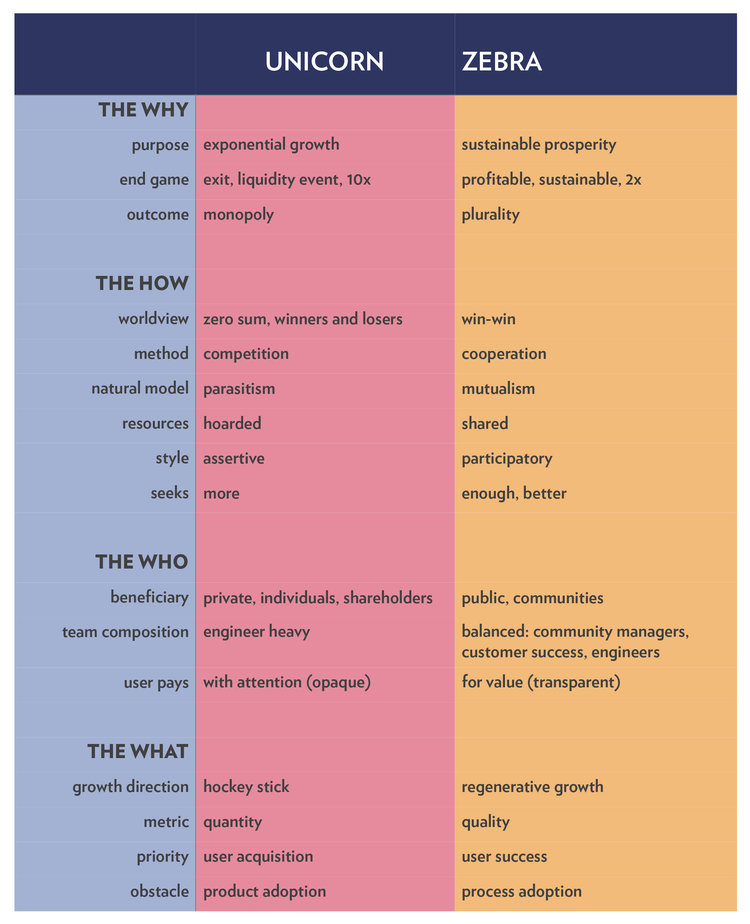without mechanisms to protect European champions from foreign acquisition, any progress can be undone overnight
This is exactly what we have had for the past 25 years in Europe. And you can design against it, even if you don't want to or cannot keep out foreign investment. In the Solvinity case it would mean upfront knowing how and where to deploy your services before any US investments happen, and a dissolution clause in your contract. You mitigate not by prevent investment or wanting European champions, you mitigate by upfront having options that you can quickly deploy, so options getting provided. If you want to work for the European public sector you cannot have any CLOUD Act involvement. And you have to know you will lose your entire client base in the public sector if you do. Snowcrash, but yeah. And a herd of zebra's, not seeking unicorns.
